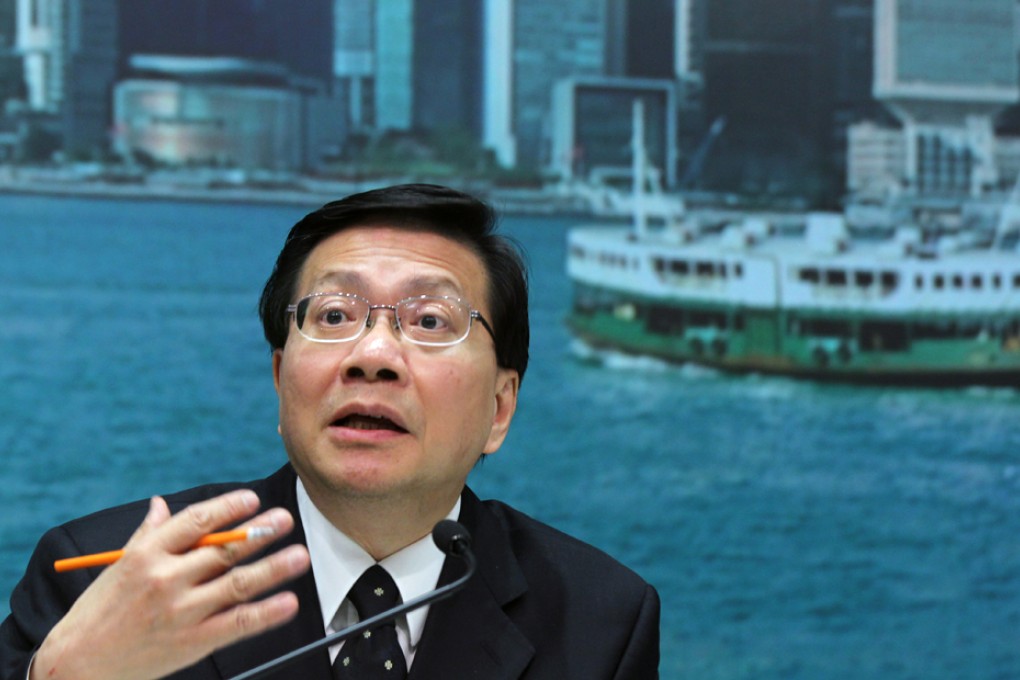
As the electoral reform debate lingers around the issue of nomination - and whether or not there will be screening of candidates - Beijing has a more pragmatic concern: who are the potential contenders? A name that appeared recently from the pro-establishment camp was that of Transport and Housing Secretary Anthony Cheung Bing-leung. The founding chairman of former pan-democratic group Meeting Point, and later the Democratic Party vice-chairman, Cheung is regarded as an open-minded academic. "If Beijing chooses him, his background would not be an obstacle," said a Beijing-loyalist source. For the pan-democratic camp, there were four names floated, according to a person approached by middlemen from Beijing: Civic Party chairwoman Audrey Eu Yuet-mee; Civic Party leader Alan Leong Kah-kit; Democratic Party chairperson Emily Lau Wai-hing, and failed chief executive candidate Albert Ho Chun-yan. "I was asked to assign rankings among four of them. I asked if it was according to perceived chances of winning or my personal preferences," said the pan-democrat. "[The middleman] said the latter." So how did the person rank? "Of course, I declined to reveal my preferences as it apparently involved conflicts of interest for me to rank them," said the person, referring to a personal acquaintance with each of them.
It is an open secret within political circles that Beijing, rather than the Hong Kong government, is in the driving seat when it comes to the city's democratic process. But on this trip, it is hard to guess what the driver is thinking, even for Beijing-loyalist lawmakers. For those with contacts in the liaison office - the central government's representatives in the city - there appears to be more confusion. "I could sense an unsettled mood among mainland officials in the liaison office," said one lawmaker. The personnel changes could be one reason, he said. "Many old guards have gone and they have a fresh mix. No one knows whether director Zhang Xiaoming is a pigeon or a hawk. But he may also be waiting for further instructions." The lawmaker believed things could get clearer next month when the 18th Central Committee of the Communist Party convenes the third plenary session in Beijing.
